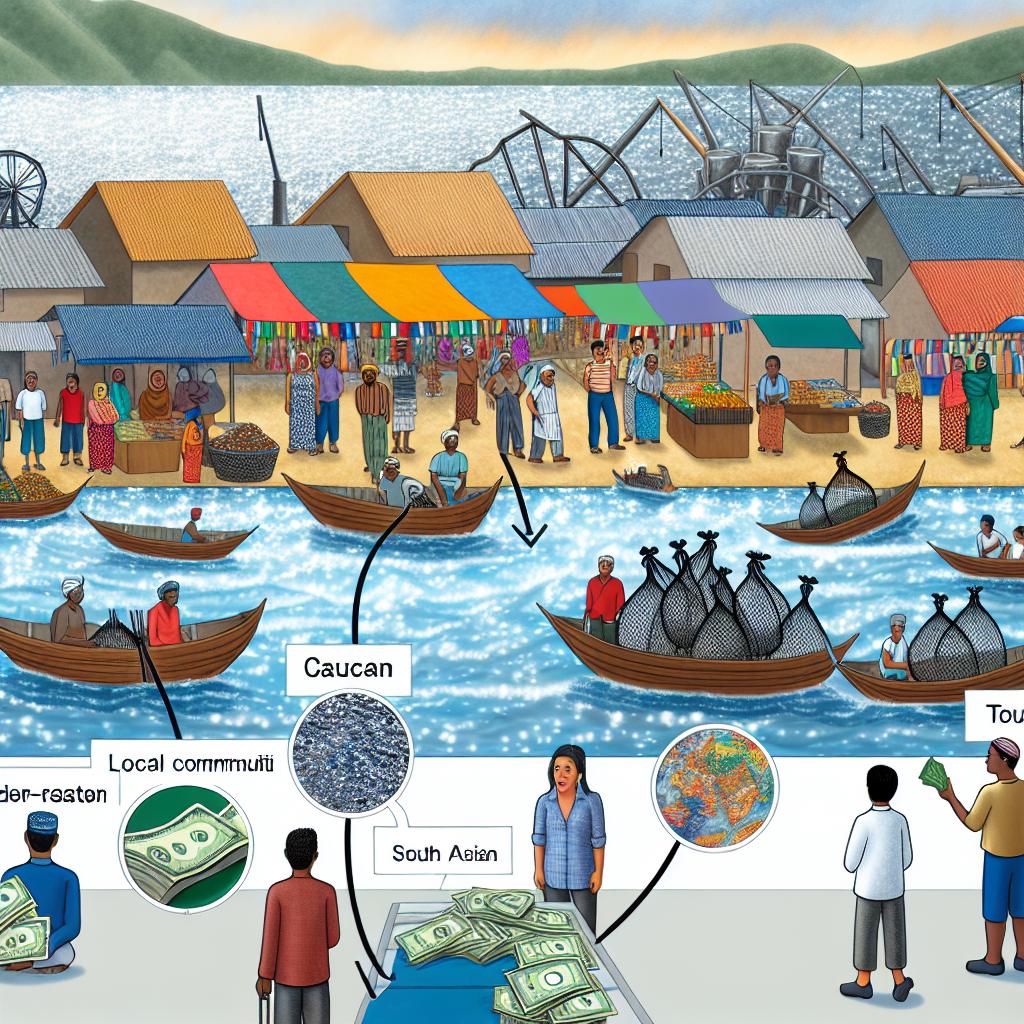The Economic Impact of Lakes on Local Communities
Lakes are essential components of the natural environment, acting as crucial drivers of economic growth and stability for the communities that surround them. They play an influential role in various economic sectors, including tourism, real estate, and local fisheries. By comprehending these impacts, the significance of safeguarding these natural water bodies becomes clearer.
Tourism and Recreation
A key aspect of lakes’ contribution to local economies is through tourism and recreation. Lakes offer a host of activities such as boating, fishing, swimming, and hiking to visitors, drawing in both domestic and international tourists. The appeal of these water bodies often spurs the growth of businesses that cater to visitors, including restaurants, hotels, and recreational equipment rental services.
This influx of tourists not only fosters businesses directly related to tourism but also invigorates local markets through heightened demand for various goods and services. Moreover, events organized around lakes, such as festivals, fishing contests, and regattas, further amplify economic benefits. For those interested in exploring this sector further, additional insights can be gained from resources focusing on lake tourism.
Impact on Real Estate
The presence of a lake significantly affects the value of real estate in its vicinity. Properties located near lakes generally command higher market values than those situated further away. The allure of waterfront views, the availability of recreational activities, and the lifestyle advantages associated with lakeside living contribute to this increase in property value.
This uptick in property valuation translates to substantial tax revenues for local municipalities, allowing for reinvestment in community infrastructure and services, thereby enhancing the overall living standard within the region.
Local Fisheries and Aquaculture
Local fisheries play an integral role in the economies surrounding lakes. Both commercial and recreational fishing activities are vital as they offer livelihoods for numerous families while also contributing to food security. Sustainable fishing practices are essential to ensure the perpetuation of these benefits, as they maintain ecological balance within the lake ecosystem.
Additionally, in certain areas, aquaculture — the cultivation of aquatic organisms — is a noteworthy economic activity. This practice aims to address the increasing demand for fish and seafood, serving both local and national markets. Those interested in adopting sustainable strategies can find more information on sustainable practices by visiting resources dedicated to sustainable aquaculture.
Environmental and Economic Balance
Despite the substantial economic advantages provided by lakes, maintaining a balance between development and ecological conservation is key. Over-exploitation of lake resources or pollution can lead to adverse long-term consequences, such as reduced biodiversity and diminished water quality. Therefore, collaboration between communities and policymakers is essential to implement sustainable practices that ensure lakes remain valuable economic assets.
In summary, lakes are indispensable in supporting the economies of their surrounding communities. The influence of lakes branches into different areas like tourism, real estate, and fisheries, spearheading economic development opportunities. Nonetheless, maintaining the health and sustainability of these lakes is crucial for continued economic prosperity. For further information on balancing ecological sustainability and economic development, interested readers can explore relevant content on ecological balance.
